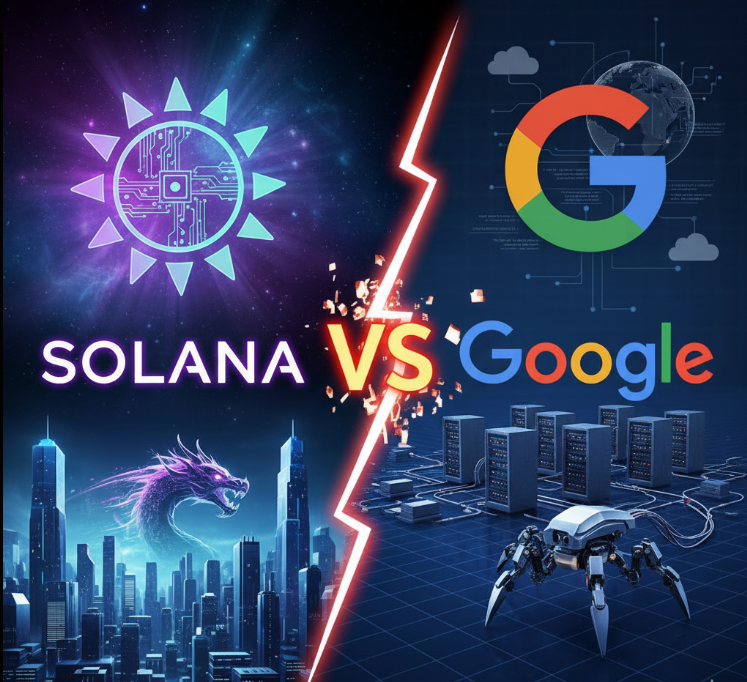Solana has long touted itself as the blockchain built for speed. Now, with its upcoming Alpenglow upgrade, the network is attempting a dramatic leap forward, one that could put its performance on par with, or even beyond, global tech giants.
Backed by overwhelming validator support, nearly 99% of votes cast in favor. Alpenglow promises to cut transaction finality from roughly 12.8 seconds to just 100–150 milliseconds. That’s close to a hundred times faster than Solana’s current performance and quicker than many Web2 benchmarks. For comparison, a typical Google search averages about 200 ms, while Visa processes payments in a similar timeframe.
If Solana can consistently finalize transactions in under 150 ms, blockchain applications could become virtually indistinguishable from traditional internet services.
A New Benchmark for Blockchain Speed
Even before Alpenglow, Solana was considered one of the fastest large-scale blockchains. Its current finality already outpaces Ethereum, which typically requires 12 minutes for true settlement, and exceeds rivals like Sui, which boasts around 400 ms. By pushing into the sub-200 ms territory, Solana could redefine the competitive landscape, making real-time DeFi trading, gaming, and payments not just possible but seamless.
The upgrade’s mechanics center on two innovations: Votor and Rotor, architectural components designed to streamline consensus. Instead of waiting for multiple validator communication rounds, Alpenglow enables confirmations nearly instantly without sacrificing security.
Alongside speed, the upgrade introduces Validator Admission Tickets (VATs) to lower operational costs and the “20–20” resilience model, ensuring network stability even if 20% of validators fail and another 20% behave maliciously.
Governance and Community Alignment
Alpenglow’s approval process itself marked a milestone. Conducted between August 21 and September 4, 2025, the governance vote achieved strong turnout with 52% of the network’s stake participating and 98.94% voting in favor. Such near-unanimity is rare in decentralized governance and underscores the community’s confidence in Alpenglow’s importance.
Risks and Resilience
Despite the excitement, challenges remain. Solana is still heavily reliant on its main validator client, Agave, meaning any vulnerability could impact the entire network. Relief is expected with Firedancer, a secondary client built by Jump Crypto, which is already partially live and has demonstrated throughput above one million transactions per second. Once fully rolled out, it should significantly reduce single-client risk.
Why Alpenglow Matters
The implications extend beyond bragging rights. Sub-second finality could transform blockchain-powered finance and entertainment. DEXs would finally rival centralized exchanges in responsiveness, gaming interactions could feel frictionless, and payments could move across borders as quickly as a credit card swipe.
With institutional players already staking billions on Solana and tokenization efforts growing, Alpenglow could cement the blockchain’s reputation as not just fast but enterprise-ready.
If Solana delivers, the Alpenglow upgrade may not only surpass Google’s speed benchmark but also usher in a new era where decentralized systems finally meet, or beat the standards of Web2.

